Let’s Discuss: Should Chuck be The Monster at the End of this Book?
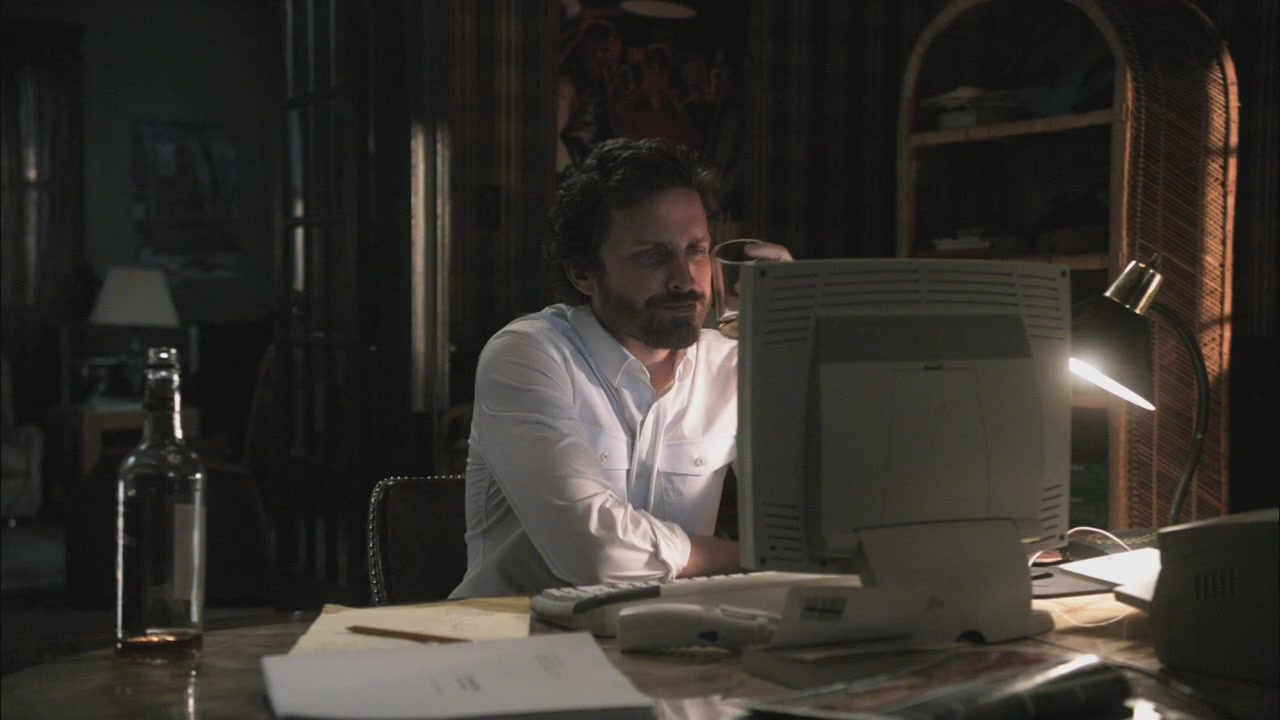
In Supernatural’s season 4, Sam and Dean’s battle with things that lurk in the dark introduced the ultimate meta storyline. Entitled simply, “Supernatural”, a book series written by Chuck Shurley predicted every detail of the brothers’ lives – jobs, relationships, events, even what they would say to each other while driving down the road in Baby. Whatever was written in the books happened to the boys in the real world. At the time, the writings were explained as prophecies dreamt by a recluse named Chuck, who Castiel introduced as a Prophet of the Lord. The boys reacted to this horrific intrusion into their lives by demanding that Chuck stop publishing his books. They thought this might help them regain some semblance of privacy, but as Charlie later explained, the books were on the internet so “good luck with that!” Sam took comfort in knowing the books’ circulation was poor, so the boys just had to accept that some, although maybe not many, people had a voyeuristic grandstand seat to their lives.
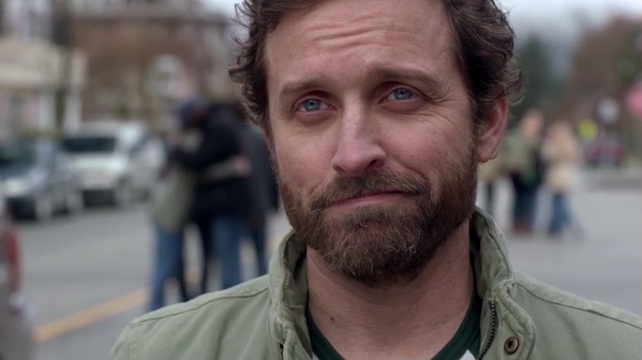
The game changed in season 11’s “Don’t Call Me Shurley”, when Chuck was revealed to not be a prophet at all, but instead be God himself. That seemingly explained why Chuck always knew what was going to happen to the boys before it happened. Mystery of his prophetic visions solved.
“Supernatural” books faded into the background of seasons 12 to 14 as the boys’ attention was diverted to resolving the squabbles of the First Family of the Universe. Reconciling God with his son Lucifer, teaming with God to defeat his sister so “The Darkness” didn’t envelop the world, then raising God’s grandson, Jack, who was left an orphan when God and his sister went walkabout to get reacquainted were the issues that consumed the boys’ time.
Through all these battles, God was either an ally or a silent, absent partner to Sam, Dean and Castiel. He was still Chuck as he had originally been introduced – gullible, likable, and in times of apocalypse, harmless “hoard toilet paper” Chuck. Even though Team Free Will now knew he was all powerful, Chuck patiently explained that he didn’t want to interfere in the daily affairs of humanity. He had tried that once but saw it had no effect so he gave up his oversight role and left people to the mercy of free will – which he intentionally invented and gifted to enable his “children” to grow up. As Joshua explained, Chuck had decided that the troubles of the world were “not his problem.” He didn’t want to be a “helicopter parent” after all.
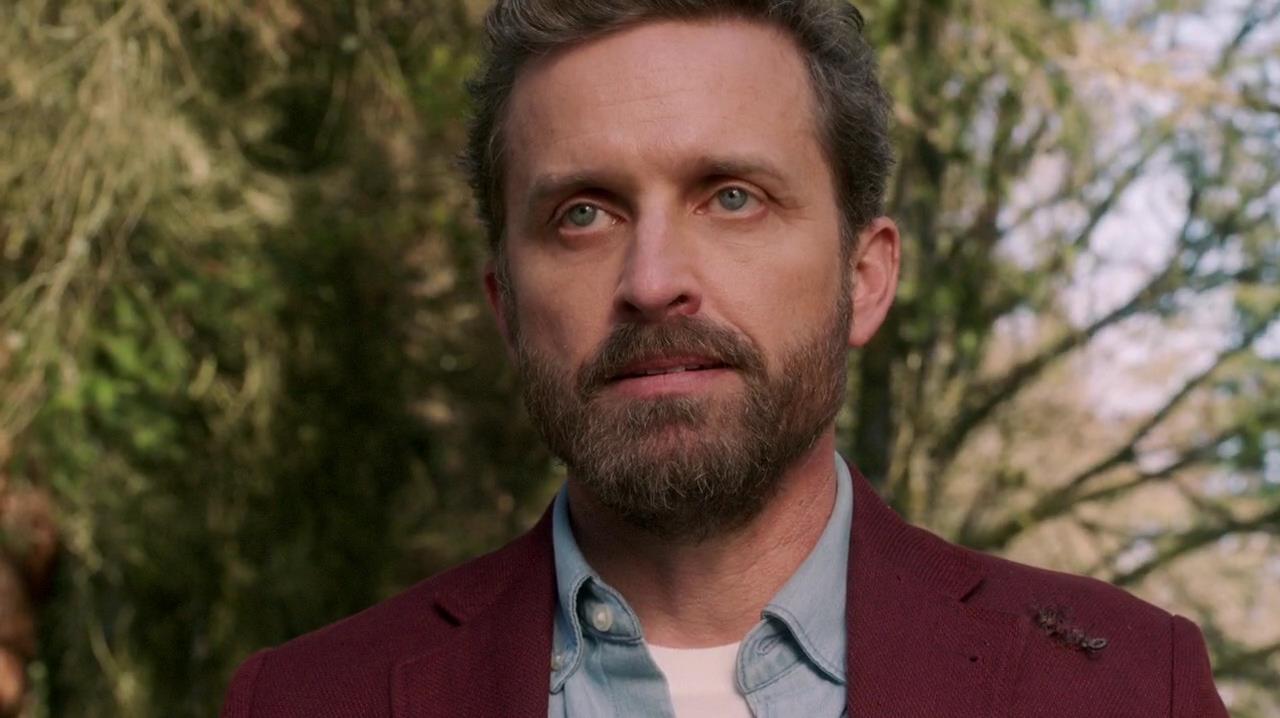
All was well and good until season 14’s cliff hanger finale. In a climactic moment, Sam realized that Chuck was neither objectively observing from a distance nor dispassionately recording events in his books. Instead, he was manipulating events, much the same as a director choreographs actors in a theater play. Sam, Dean and Castiel were not leading their own lives. They were puppets on a string, performing for Chuck’s enjoyment. Chuck was no longer the sweet, caring, affable guy he had been for 10 years. In one shocking instant, he was transformed into a petty, vindictive, arbitrary deity. In other words, he became the monster at the end of his books.
If you have been reading my season 15 “Threads” reviews, you may have noted that I am highly disturbed by this massive character transformation. I’ve spent a lot of time thrashing this around in my mind, and have determined that it’s worthy of some discourse as the last chapter of the show’s 15 year story is about to unfold.
What’s the same about Chuck?
METATRON: You are light… and beauty. Creation. Wrath. Damnation and Salvation. (11.20 “Don’t Call Me Shurley”)
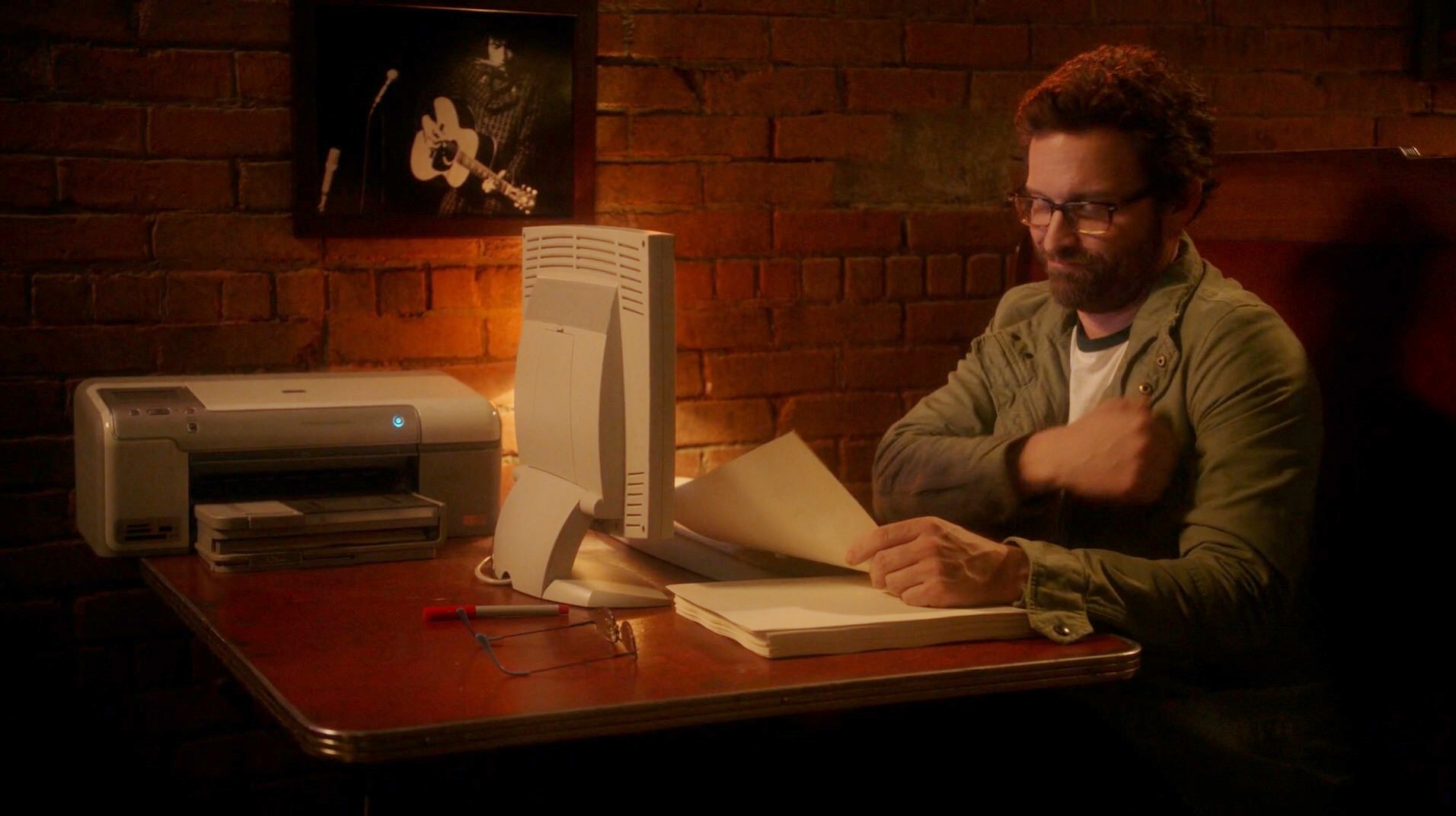
Most of our understanding of God as written into this story was gained through Metatron’s memories of the God of old while he was in Heaven. God was eminently powerful, creative and merciful. He envisioned and molded the immense splendor of the world that is universally acclaimed by his archangels – Michael and Lucifer alike – to be pure perfection. God could also be wrathful, though, with a bit of a temper. Don’t cross him lest you get turned to stone (although he said that wasn’t actually him!).
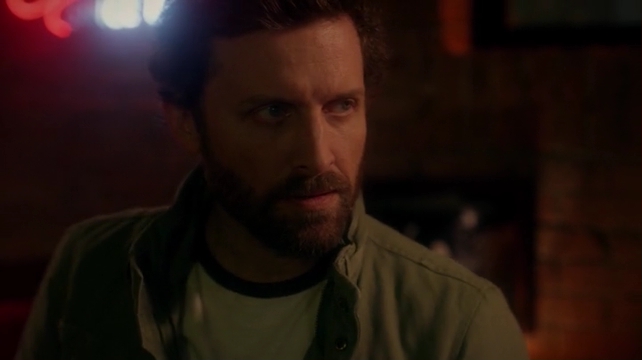
CHUCK: … they come crying to me, asking me to forgive, to fix things. Never taking any responsibility.
METATRON: What about your responsibility?
CHUCK: I took responsibility… by leaving. At a certain point, training wheels got to come off. No one likes a helicopter parent.
METATRON: … you helped the Winchesters before.
CHUCK: Helped them? I’ve saved them! I’ve rebuilt Castiel more times than I can remember! Look where that got me.
This “Don’t Call Me Shurley” depiction of God is largely consistent with the teachings of many religions, Christianity and Judaism primarily. This kept me safely in my comfort zone with the show. God could help humanity but chooses not to. He responds to prayer occasionally, but is otherwise hands off. He can be wrathful if the transgression warrants, but is mostly a God of love and mercy – a lot like we hope parents might be to their children.
What’s Different about Chuck?
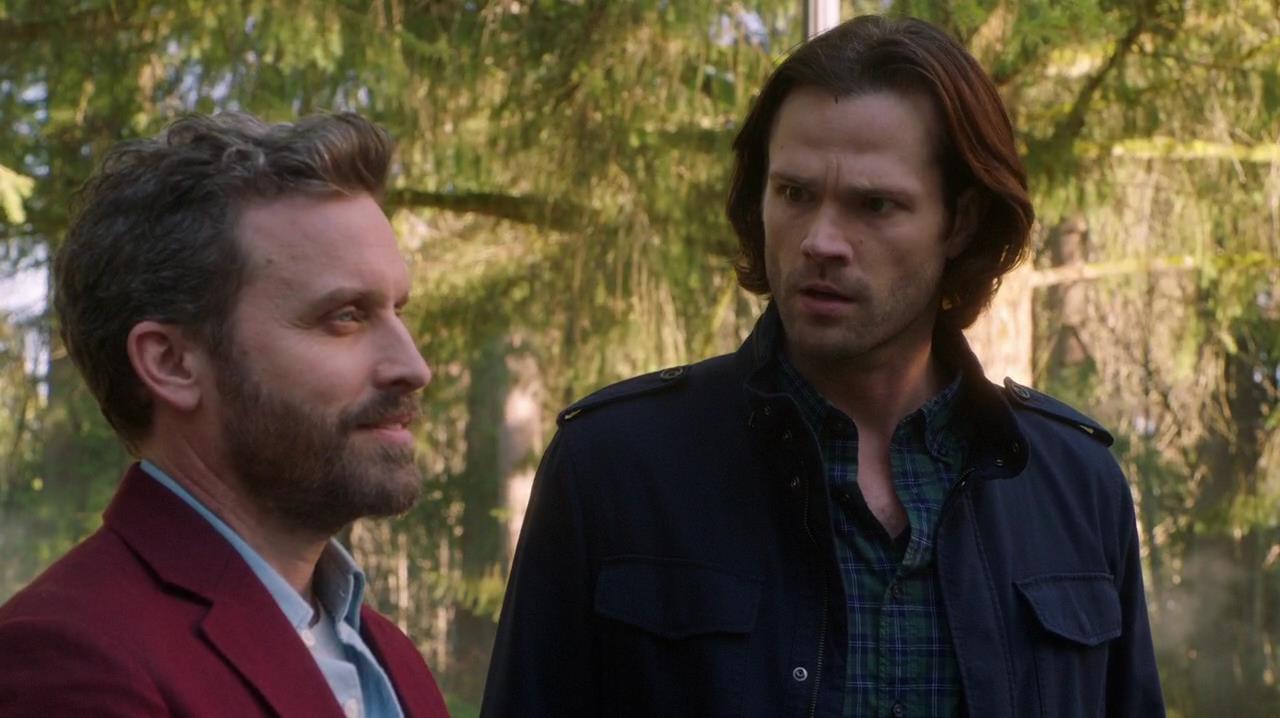
Season 15’s Chuck goes far beyond wrathful, though. He specifically is NOT hands off. He doesn’t love and respect humanity as his children. Instead, he looks at his creation as toys designed for his amusement. There is no autonomy or free will. There is only plot driven drama.
SAM: he’s been playing us. This whole time. Our entire lives. Mom, Dad — everything. This is all you because you wrote it all, right? Because — Because what? Because we’re your favorite show? Because we’re part of your story? (14.20 “Moriah”)
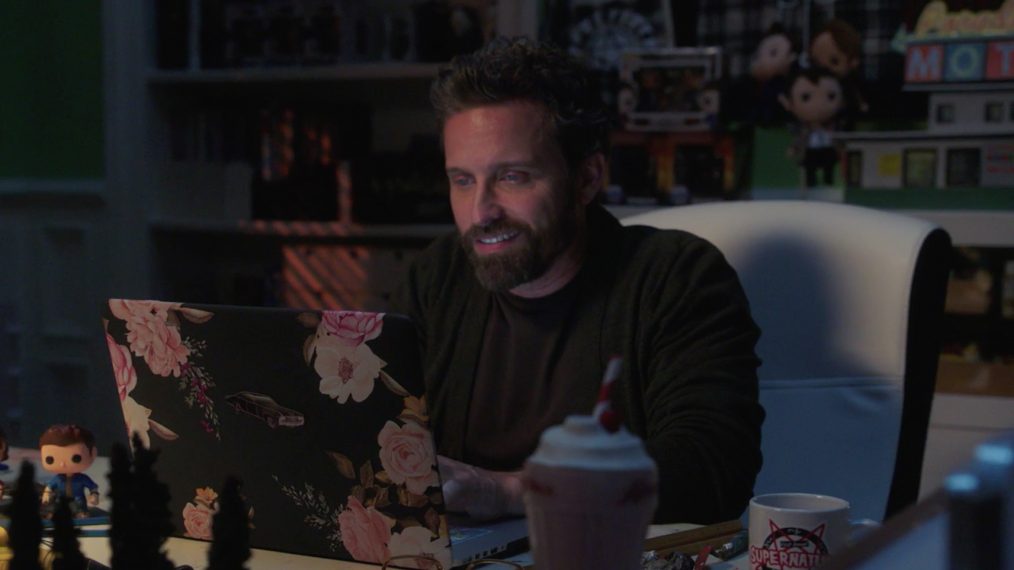
This god is petty, cold, uncaring and arbitrary. Chuck killed Jack, his grandson, because Jack’s adopted father refused to do the unthinkable act himself. Chuck then blinked Becky and her family into either oblivion or a broom closet (it’s not clear which) because she told him, begged him, to not follow through on his evil plans for Sam and Dean. This Chuck tortured Sam and Eileen both emotionally and physically to – I really don’t know why he tortured them.
AMARA: I’m done, Chuck. I’ve changed. I’ve adapted. I’ve… I’ve become the better me. And you? You are still the same… petulant, narcissistic. So… I’m leaving you here. Once, long ago, you sealed me away. Now, in a way… I’m doing the same to you. You’re trapped, diminished, abandoned. So I guess you got what you’ve always wanted. You’re on your own. (15.02 “Raising Hell”)
Does this Chuck Make Sense?
From a plot standpoint, the meta “Supernatural” series predicted there would be a “Monster at the End of this Book” so this Chuck connects the early years of the show with its climactic conclusion. By tying its last season to an underlying premise established a decade ago, the plot has come full circle.
Also in the plot’s advancement, the boys have grown in knowledge and skill through the years, but so too have their foes. Each “supernatural” evil they have had to face has been bigger, more powerful, and more diabolical than the ones that came before. “God” then is the logical climax of this progression.
Additionally, as a “supernatural” antagonist, god is a “monster” and, by the show’s early criteria, must be defeated. Except the brothers learned long ago that being supernatural, in and of itself, doesn’t define a being as the enemy. The entity’s actions dictate if it should be killed or allowed to live. Unfortunately, even by that more advanced criteria, Chuck has made himself humanity’s enemy, so by both the hunters’ early and more enlightened test, Chuck, i.e. God, is a monster to be killed. Thus, as an anonymous foe, the plot hangs together very well.
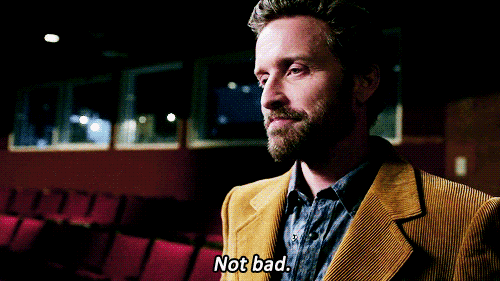
The problem is that this monster is not a “monster of the week.” This monster is Chuck, known and loved by us for a decade. This monster is also God, which carries with it a culture’s worth of predetermined notions. Consequently, I believe my objection to God as the ultimate enemy of humanity and the ultimate villain in Supernatural is on 3 levels:
- This is not the Chuck we had been shown for 10 years. He has been fundamentally changed to fit the ending of the series.
- I am deeply uncomfortable supporting a show that defines “God” as the ultimate enemy – someone that heroes need to defeat in order for humanity to thrive. From a meta, religious standpoint, I don’t like advocating for a theme that is fundamentally opposite to the way I live my life.
- Other themes of this show have been adopted into people’s lives and have prompted immense positive change: Family as an unflinching bedrock of support, with family being a label that is earned through love and actions versus born as a birthright through blood; Questioning one’s view of the world as not always being easily dissected into black and white absolutes but deserving of judgement based in mercy and compassion; Hope as the redemption of every situation, no matter how bleak things may seem; Fighting for what is right with your last breath, even when exhaustion and defeat weigh you down; and forgiveness and redemption as always being possible, regardless of how bad the mistake or lapse of judgement may have been. These are the things that Supernatural stands for. These are the themes it has inspired in people’s lives. If fans have come to trust the show as being righteous, standing as a model for living heroic lives, are we then saying hating God is righteous? At the very least, this tenet is not a universally accepted altruistic belief, and thus doesn’t belong with the other positive moral lessons of the show. At the most, it’s an atrocity that is specifically designed to encourage the rejection of any kind of religious belief (see objection #2).
Is this Chuck a complete departure from the Chuck we’ve come to know and love? Is it disconcerting for you to see him this way, or do you view him as a logical extension of his original character?
Since the show has been accepted by so many people as a bellwether of right versus wrong, or perhaps of altruistic objectives for living life, does it have a responsibility to carefully discern what tenets it advocates?
When Jared and Jensen first saw the script for “Houses of the Holy” years ago, and learned that angels were being introduced into their family themed, Route 66, man vs. urban legend mythology, they expressed extreme concern that their show not turn into a commentary on religion. Isn’t that exactly what it’s become?
When I specifically asked Andrew Dabb about the moral choice of portraying God as an enemy, he answered that Supernatural is fiction, and “Chuck” is not meant as a commentary on the real God in the real world (however one views their God), as defined by organized religions. Is that a valid enough distinction, given so many other tenets of the show ARE commentaries on how we should live our life? Is it an excuse or literary license?
I have been deeply troubled by these questions, to the point of discussing them with fellow fans and even with someone associated with the show. I’ve considered making one of these questions my “meet and greet” question for Jared if I ever again pay the enormous price that allows the venue for private questions! So I am sincerely interested in your input and feedback on these issues.
Let’s Discuss!
Transcript Quotes Courtesy of SupernaturalWiki.com.



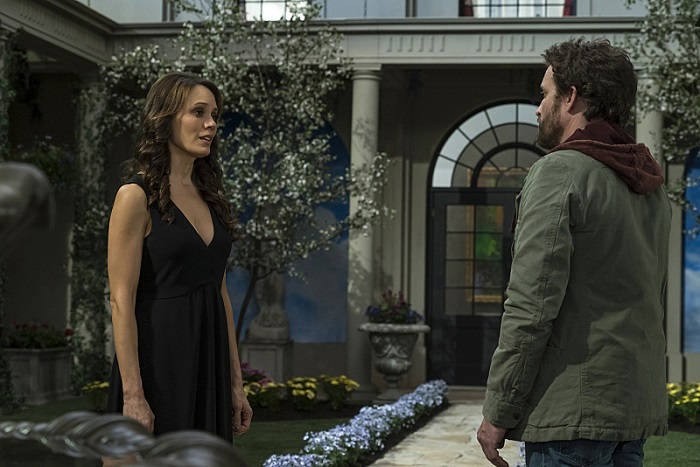
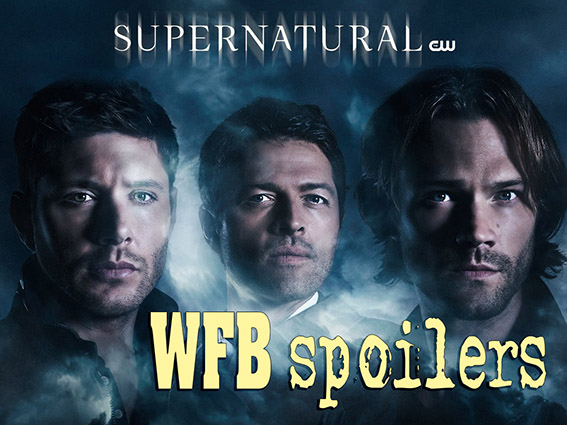
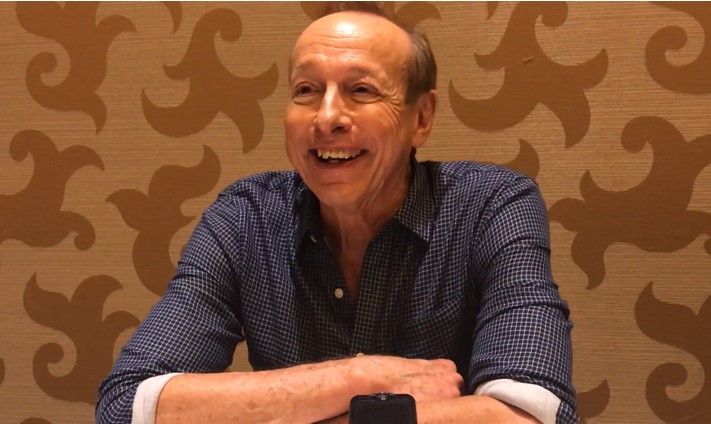
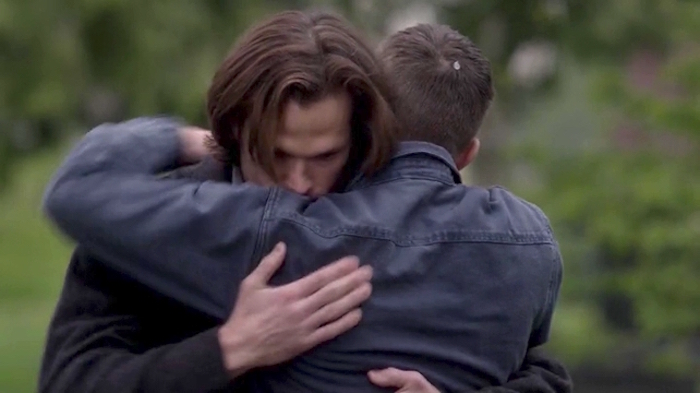
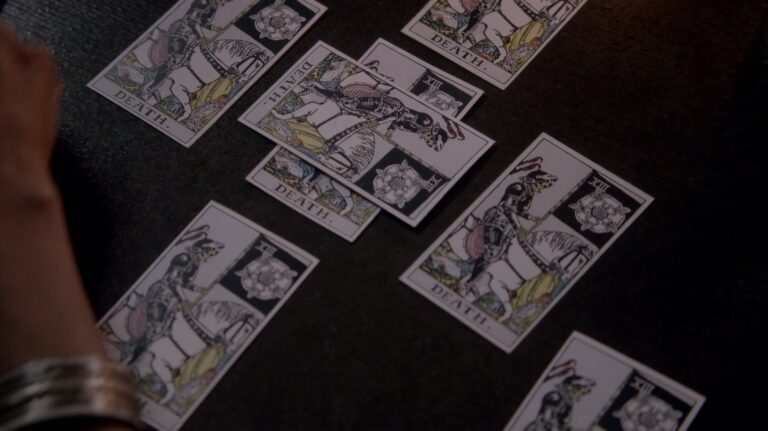
Leave a Reply